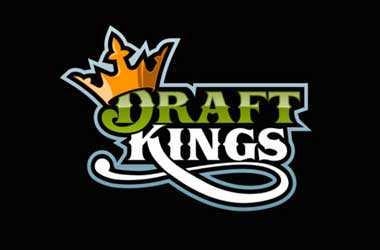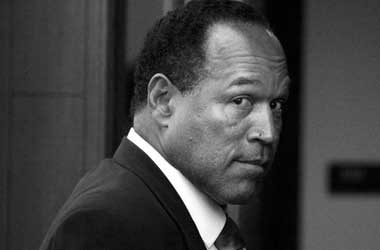 The lottery bill proposed by Alabama’s Gov. Robert Bentley has come to a standstill after being defeated in the Senate. The bill was cleared by the House of Representatives but had to be sent back to the Senate as several changes had been introduced into the bill by the House.
The lottery bill proposed by Alabama’s Gov. Robert Bentley has come to a standstill after being defeated in the Senate. The bill was cleared by the House of Representatives but had to be sent back to the Senate as several changes had been introduced into the bill by the House.
The Senate voted 23-7 against the amendments made, thus defeating the bill.
The bill had been introduced by Gov. Bentley to procure additional funding for the state’s General Fund, Educational Fund and Medicaid.
WKRG
In a statement, Gov. Bentley said,
I just can’t believe the Legislature would not allow the people of the state of Alabama to vote on this issue. They looked those children [on state Medicaid rolls] in the eye today, those that voted against it, and they said, ‘I am not going to do anything to fund your health insurance.
The bill failed to clear the Senate after Democrat lawmakers withdrew support. These lawmakers had wanted the bill to include electronic gaming machines at state dog tracks in addition to the lottery, stating that the current version would end up giving the Poarch Band of Creek Indians exclusivity over gambling ventures in Alabama. A few Republicans legislators also withdrew support, leaving the bill with just seven members in support.
Democratic senators opposed the amendments made to the bill by the House which prohibited electronic lottery terminals. Several lawmakers support the introduction of such terminals in dog tracks after electronic bingo machines were deemed as illegal. The lawmakers also demanded that the dog tracks be promised the same gaming machines that the Poarch Band of Creek Indians would be allotted whenever the state’s governor choses to negotiate a compact with the tribe.
Senate Minority Leader Quinton Ross said that the electronic gaming terminals could have resulted in immediate Medicaid funding instead of the wait involved in the case of lottery operations. Sen. Bobby Singleton said that the Democrats shouldn’t be blamed as the Senate had very few Democrat leaders.
Gov Bentley proposed a bill for legalization of the state lottery after the idea was first rejected by the state’s voters in 1999. Currently 44 states in United States have lottery operations. Sen. Jim McClendon, the bill’s sponsor, said that they would not give up and the bill would be reintroduced
Lawmakers intend to meet again shortly for a special session on Medicaid funding. The proposal under discussion then will be the diversion of some part of the oil settlement received from BP to the Medicaid program.

 United States
United States United Kingdom
United Kingdom












